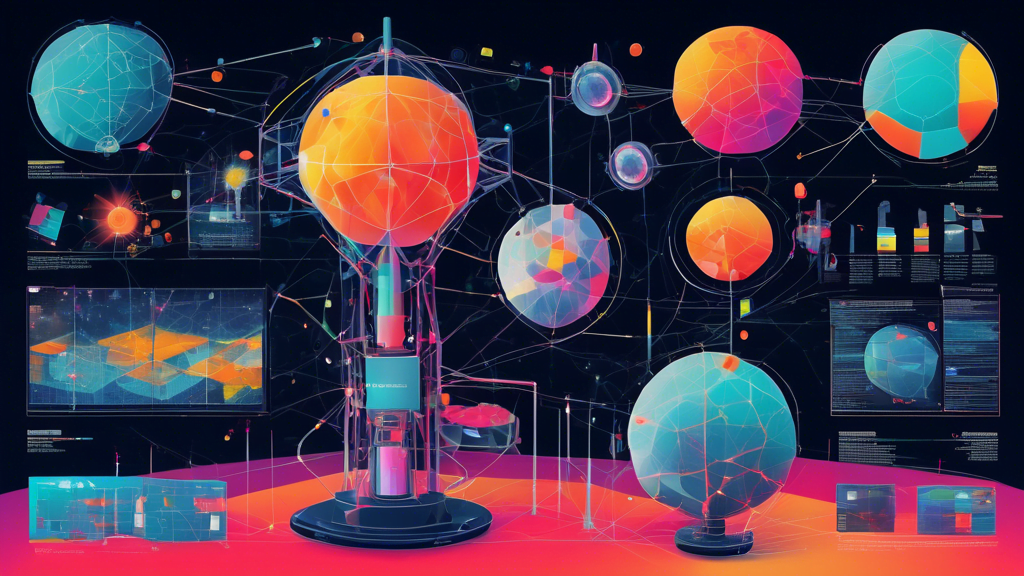Satellite Monitoring and AI Innovation: The MIT ARCLab Prize
Have you ever wondered how those tiny satellites orbiting Earth manage not to collide with each other? It seems like a daunting task given the sheer number of these devices up in space. Well, the minds at MIT ARCLab thought so too, and that’s where the MIT ARCLab Prize for AI Innovation in Space comes in.
The MIT ARCLab Prize: The Goal and Excitement
The mission of this competition, run by the MIT ARCLab and backed by the U.S. Department of the Air Force-MIT AI Accelerator, is quite ambitious. The competitors were tasked to develop artificial intelligence algorithms that can analyze the behavior patterns of satellites. Their challenge? To label and timestamp the behavioral modes of geostationary Earth orbit (GEO) satellites over a period of six months. Imagine being able to predict a satellite’s next move with precision—how cool is that?
With 2,877 satellites launched just in 2023, the crowded skies demand more effective ways to keep track of these orbiting machines. Accurate monitoring not only prevents potential collisions but also aids in the efficient functioning of these satellites, which are integral to everyday communication, weather forecasting, and much more.
read about The Future Of Artificial Intelligence: Trends And Predictions
The MIT ARCLab Prize Meet the Winners
Now, competitions like these aren’t just about bragging rights; there are tangible rewards too. The total prize money for this challenge was a whopping $25,000. First prize, a neat $10,000, went to David Baldsiefen, who competed under the name Team Hawaii2024. The second prize of $5,000 was claimed by a team of four: Binh Tran, Christopher Yeung, Kurtis Johnson, and Nathan Metzger, who called themselves Team Millennial-IUP. The third spot, worth $3,000, was taken by Isaac Haik and Francois Porcher from Team QR_Is.
The entries were meticulously judged based on clarity, novelty, technical depth, and reproducibility. Scoring a perfect 100 was no easy feat, but it surely pushed everyone to bring their **A-game**. The winners will get the chance to present their findings at the prestigious Advanced Maui Optical and Space Surveillance Technologies (AMOS) Conference in Hawaii—talk about a great reward!
MIT ARCLab Prize: What’s Next?
If you missed out on this year’s competition, don’t worry. The MIT ARCLab has plans to host similar contests in the years 2025 and 2026. With the aim of exploring different topics and inviting more experts in AI, the goal remains the same: to encourage innovation and cultivate new skill sets in aerospace. It’s a win-win; participants gain invaluable experience and maybe even some cash, while the field of satellite monitoring gets a much-needed boost.
What’s the big take-away? It’s simple. In a world where space is becoming increasingly congested, advancements in AI can play a significant role in keeping our satellites safe and functional. So, whether you’re an AI enthusiast or just someone who loves a good challenge, keep an eye out for the next MIT ARCLab Prize. Who knows? You might be the new innovator in space technology!
